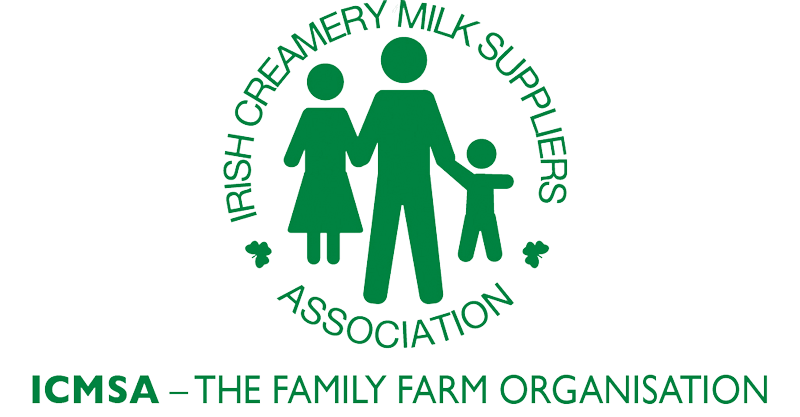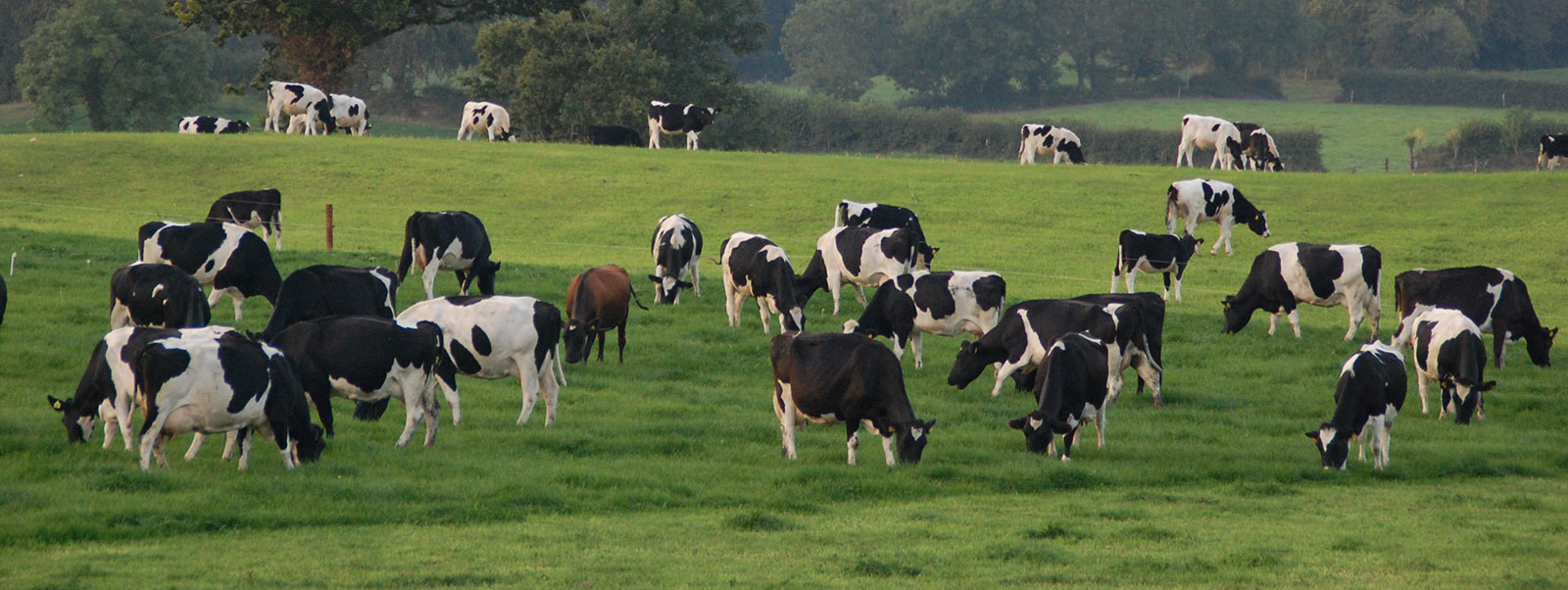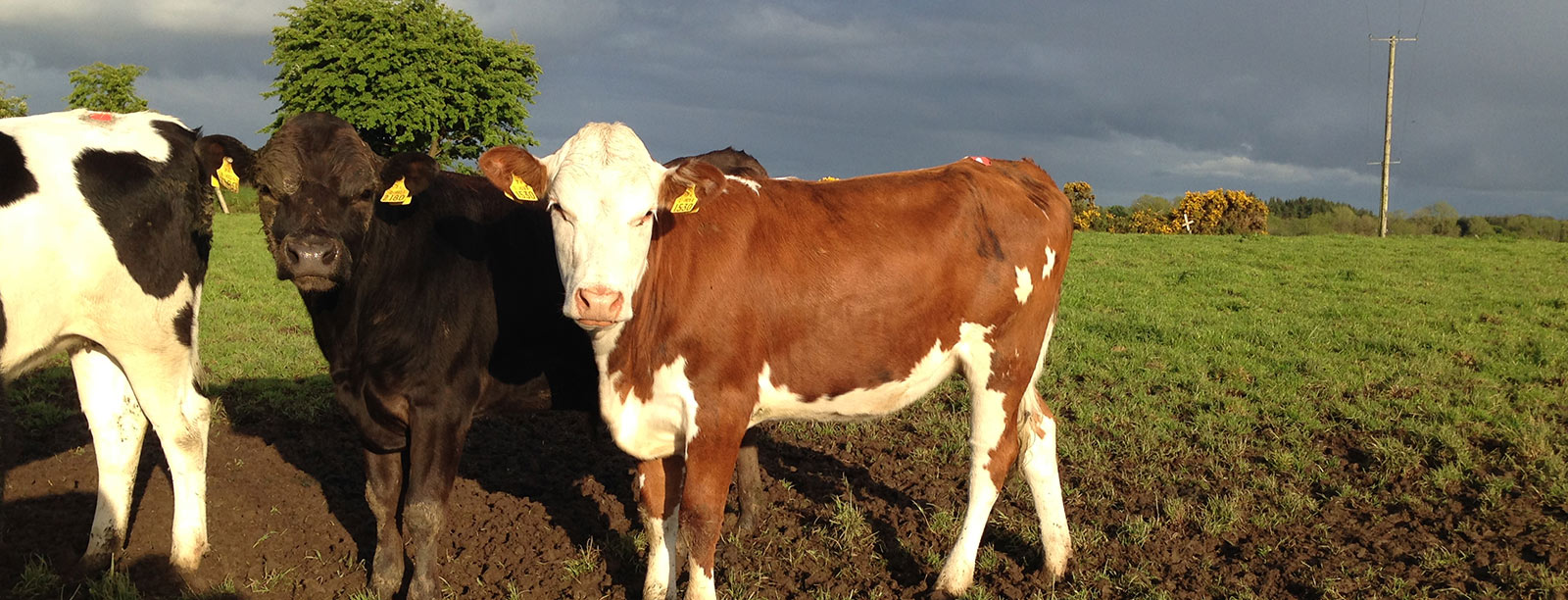
BDGP/BEEP

Beef Data & Genomics Programme (BDGP)
• Tag and register all calves by 27 days old to meet the already existing statutory requirements.• Farmers also need to record the sire’s number or AI code.• Programme participants must complete the Calving Ease Survey for each animal as outlined on the Animal Events Sheet.
• Each year, applicants will be required to complete survey forms supplied by the ICBF in respect of all cows, calves and stock bulls on their holdings.• Participants must complete surveys relating to the calves docility, quality, vitality and health traits.• Calves must be kept in the herd for five months to complete this data, as recording this information earlier will result in inaccurate results.• Suckler farmers are also required to record information regarding their cows including docility, milk score and culling reasons. The docility, functionality and culling reasons for bulls must also be recorded.
• Participants in the genomics scheme will be required to take a tissue tag sample from animals selected by the ICBF.• ICBF will select the animals to be genotyped in each herd and will notify the farmer of the animals to be tested.• Farmers need to have 60% of the reference animals available each year to be genotyped.• If an animal has died or is sold before the sample tags are received the farmer must immediately contact the Department’s Beef Scheme Section or the ICBF to request a test kit for a substitute animal.
• Farmers participating in this scheme are required to maintain a high proportion of high genetic animals on their holdings.• There must be at least one four or five-star bull on the holding from June 30, 2019, which must have been genotyped as either 4 or 5-star on the Terminal or Replacement Index (on a within or across basis)• This bull should be retained within the holding, but if replacement is necessary he must be replaced with a bull of similar genetic merit.• If renting in a bull is the normal practice on-farm the Department of Agriculture must be notified in writing.• Rented bulls must have a four or five-star rating on either the Replacement or Terminal indexes (within or across breeds).• For suckler herds using AI, at least 80% of the AI used on-farm must be from bulls with a four or five-star rating on either the Terminal or Replacement Index (within or across breeds) .
Applicants are also required to ensure that a percentage of their heifers are genotyped females that are;
• Four or five stars on the replacement index (within or across breeds) at the time of purchase or at the time of genotyping for those heifers bred from within the herd. • Where a non-genotyped heifer is purchased, this animal must be subsequently genotyped and confirmed four or five-star on the replacement index before being deemed eligible for the programme.
• For heifers purchased after the closing date, they must be born in 2013 or later.
• 20% of the farms reference animals must be four or five-star genotyped heifers/eligible suckler cows by October 31, 2018, this requirement increases to 50% by October 31, 2020.
• Farmers must complete a Carbon Navigator.
• This must be carried out in conjunction with an approved advisor.
• Following initial completion of the Carbon Navigator, applicants must submit data annually to allow for updating of this navigator.
• Suckler farmers taking part in this scheme must undertake a training course relating to the programme.
• Applicants will be paid €166 to cover the costs associated with participation in this training course.
2018 requirements
-
Carbon Navigator must be completed by the 30th September
-
Farmers must have 20% of their reference number of animals genotyped as 4 or 5 star by October 30th 2018, these animals must be more than 16 months old. Check with ICBF to find out status.


Beef Environment Efficiency pilot Scheme (BEEP)
The objective of BEEP is to increase the economic and environmental efficiency in the suckler herd through improvement in the quantity and quality of performance data that is collected. The pilot scheme will target the weaning efficiency of suckler cows and calves through the collection of live weights of cows and progeny in each participant herd.
An eligible suckler cow shall mean a suckler cow which:
An eligible calf shall mean a calf which:
Requirements of programme
-
· Each unweaned calf and dam must be weighed on the same day. The scales used can either be rented from an approved agent or owned/borrowed. Scales which are owned or borrowed must be registered with the Department prior to weighing.
-
· Weights must be submitted between 8th March and 1st November 2019 and within seven days of the completion of the weight recording process.
-
· Applications can be made either online or by paper application. Paper applications must be sent to the Department by registered post.
-
· Applications to join the programme were accepted between the 4th and 22nd February 2019.
-
· No BEEP payment will be paid unless all BVD persistently infected (PI) animals born prior to 1st January 2019 have a date of death recorded with the Department prior to the 31st March 2019.
How much will be paid?
Payment will be €40 per eligible calf. In the event of oversubscription to the scheme there may be a linear reduction to each payment.
Latest Headlines
- Sections
Contact Us
Telephone
+353 (0)61 314677
Address
ICMSA Head Office
John Feely House
Dublin Road
Limerick
V94 KX38





